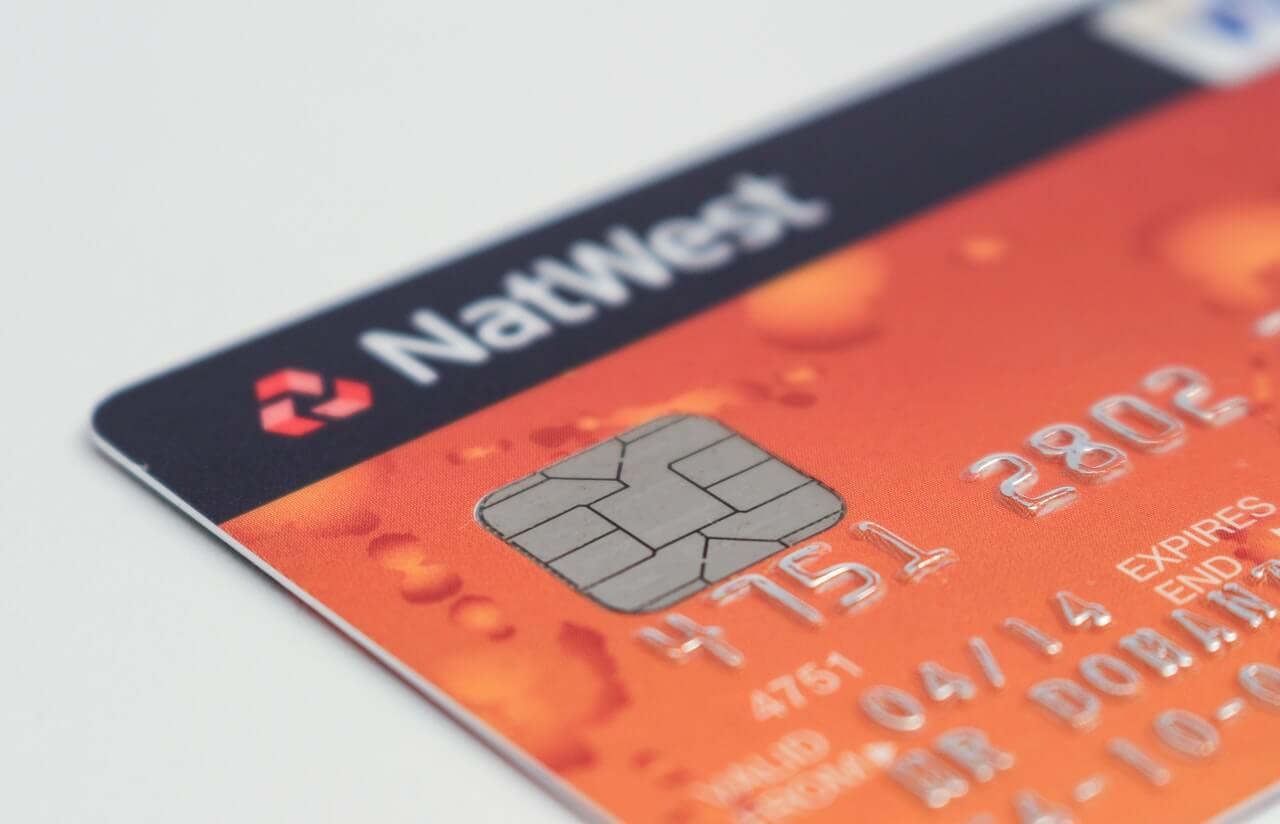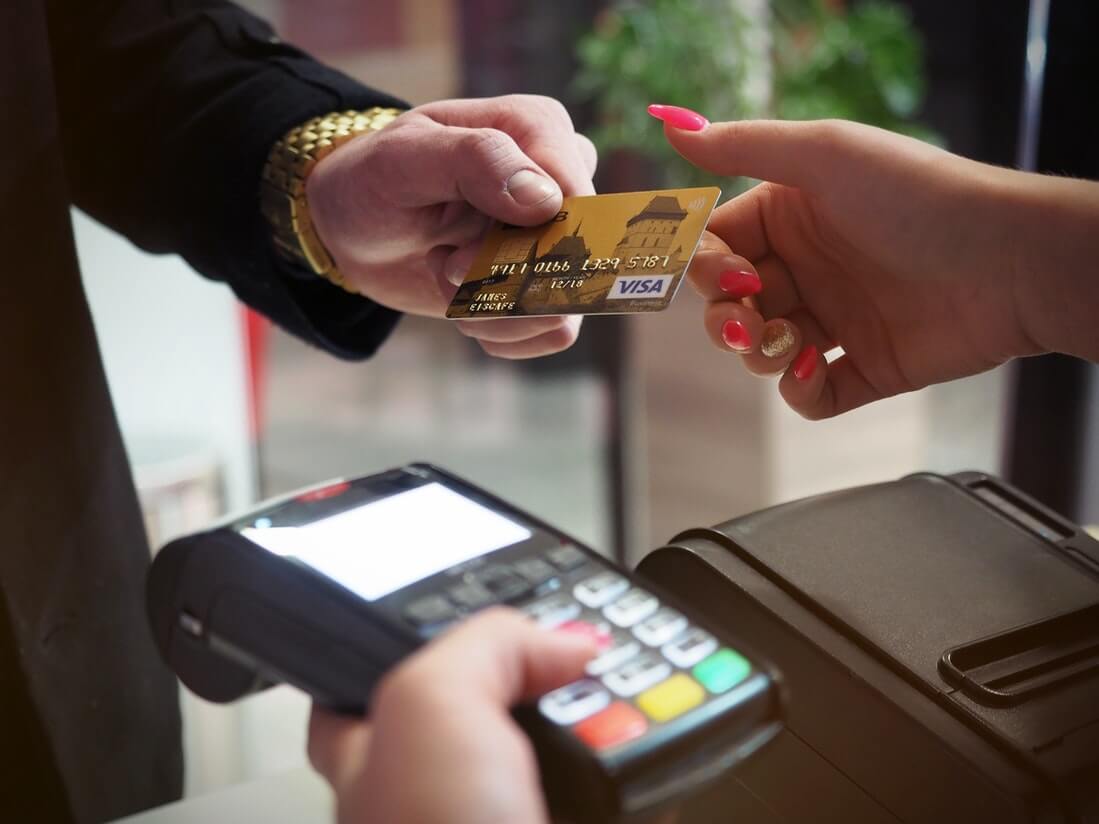How is credit card interest calculated? Have you ever had to carry a balance on your credit card? If so, you probably also had to pay interest charges on your purchase because the credit card company charges you interest on the amount of the purchase that’s left unpaid each month.
Most people are surprised by how much interest they have to pay on their balances because they have no idea how credit card interest rates are calculated. Read on to learn more about how credit card interest is calculated and how you can avoid paying it in the future!
Why do I have to pay interest on my credit card balance?
Credit card interest rates are very high. Generally, you will be charged interest on your credit card balance from day one. However, there are ways to avoid paying that interest until you pay your full bill. All it takes is a little planning and some self-discipline.
You can avoid unnecessary credit card debt by cutting out interest payments altogether and taking a few simple steps to organize your finances before you charge up your plastic.
This means more money in your pocket and better control over your finances throughout the year! So how do I get started? Let’s take a look at why most people pay so much for their purchases and what we can do about it!
Credit cards work by creating a revolving line of credit between you and your bank. When you buy something with your card, you borrow money from them, and you will immediately pay them back through monthly payments applied to future transactions until that outstanding amount falls below your credit limit.
The fees associated with these transactions add up quickly when paid late or if not paid back in full, so should any past-due payments remain unpaid, there will be accumulated interest. Understanding exactly how they work and setting yourself up correctly is crucial to avoiding unnecessary penalties while still enjoying flexibility as a cardholder.
That’s where zero-interest introductory offers come into play. But watch out! They might seem like a good deal, but they have hidden costs waiting around every corner!
Why can’t I get a 0% introductory rate?
After applying for a credit card, the credit card issuer reviews the applicant’s credit report to decide whether to approve their application and, if so, at what rate. Suppose you have excellent credit or a long track record of managing your cards responsibly.
In that case, your issuer may be willing to offer a promotional interest rate—for instance, 0% on purchases for six months.
ALSO READ: The Pros and Cons of Investing vs Saving
However, suppose your credit score indicates you’re prone to carrying out balances or missing payments. In that case, issuers will likely view it as too risky to let you borrow at 0% and will instead raise your rates and possibly offer limited access to their rewards programs.
Additionally, issuers can’t offer an introductory rate on new purchases if they just offered one recently; they are forbidden from doing so under a temporary regulation.

How much will I have to pay in total?
Most credit cards offer consumers a grace period of 20–25 days to pay off purchases before interest starts building up. If you cannot pay your bill in full within that timeframe, there are some strategies you can use to help avoid paying interest on your next purchase.
The simplest strategy involves splitting up your purchases into two or smaller purchases during your billing cycle. Charging less frequently saves you interest, which means you have more time to pay back your account.
How can I avoid paying interest on my next purchase?
Here are two simple ways to avoid paying interest on your next purchase:
Firstly, wait until you get a cash-back bonus. Most credit cards offer them. For example, with the Amex EveryDay® Credit Card from American Express, you can earn 10% cash back on purchases up to $6,000 per year at U.S. supermarkets and U.S. gas stations (on up to $6,000 per year in purchases for supermarket and gas station purchases). 3% back at U.S. department stores, and 1% back on all other eligible net purchases for which rewards are issued—even if that’s only a penny!
Secondly, pay off your balance every month. If you do so, you won’t have to worry about interest charges because they won’t apply.
So it’s important to ensure that any card you choose has an annual fee of no more than $50 and doesn’t charge an annual fee for carrying a balance.
That way, if something unexpected comes up and you need to carry a balance for a few months, it won’t cost much more than what’s already built into your budget each month—and it will still be cheaper than getting hit with interest charges.
What are the different types of cards available?
There are several different types of credit cards, including standard MasterCard or Visa cards, and secured cards, which require an initial cash deposit to cover future charges. Each type of card offers its benefits as well as its interest rates.
The average credit card rate is currently hovering around 16 percent, but if you’re carrying a monthly balance, it could be costing you even more.
If you don’t think you can pay off your balance in full each month, it might be worth opting for a low-interest rate option such as a 0 percent or low-fee balance transfer credit card or one with no annual fee.
ALSO READ: Skills for Customer Service Resume: How to Stand Out From the Competition
Remember that these types of cards often come with restrictions on how much you can charge and when you have to pay it back.
For example, some may limit your spending power to $500 per month or require that you repay any outstanding balance within 12 months.
Also, remember that most rewards cards come with higher interest rates than those without rewards programs.

Options if you can’t pay off your balance in full each month
If you don’t have enough money in the bank to pay off your card, try to always pay more than the minimum and avoid paying interest fees. There are also several other ways to pay off your credit card debt faster and save yourself a lot of money.
1. Transfer your balance to another card with a 0% introductory APR offer.
For example, if you have a card with an 18% APR and another with 0%, move as much as possible over to 0%.
2. Pay off your credit cards using savings:
Take any cash you may have in savings or set up an automatic transfer each week or month of $100 towards each account. The more you can put on them now while they still have that 0% offer, the less interest you’ll pay later.
3. Make an extra monthly payment.
Most credit cards allow you to make additional payments throughout the year. Make sure it goes directly on your statement, so there’s no confusion about which amount is for principal and which amount is for interest.
4. Use a personal loan:
If all else fails, consider taking out a loan at a lower rate and using it to pay off your high-interest credit card debt.
When it comes time to make payments on both loans, utilize the money that would have gone toward your credit card bill to make extra payments on your loan rather than potentially saving even more money by paying off both debts sooner!









